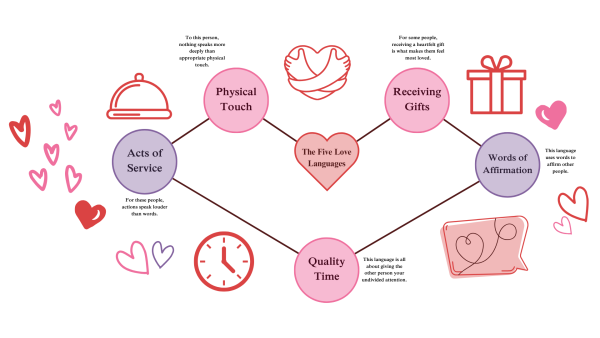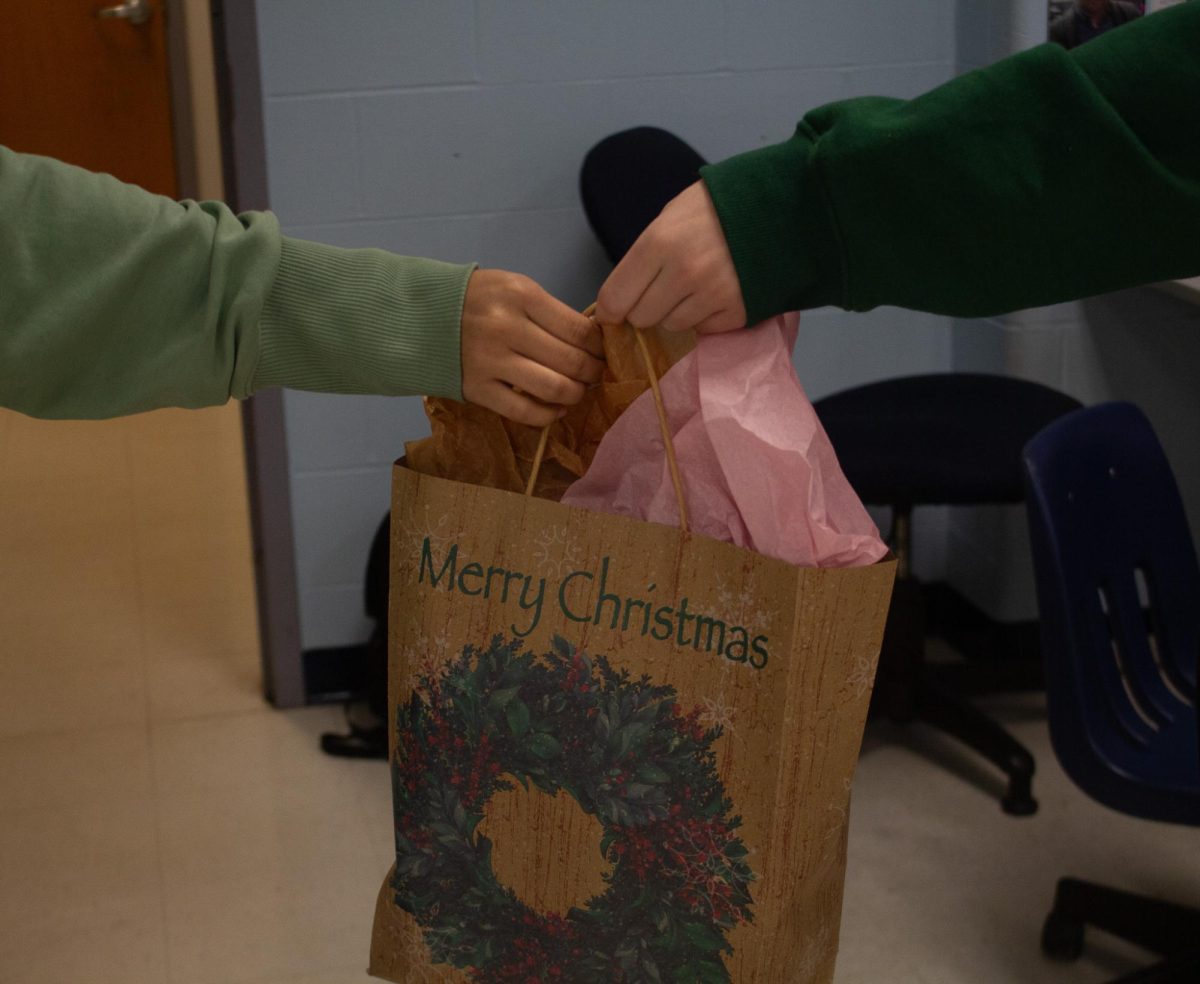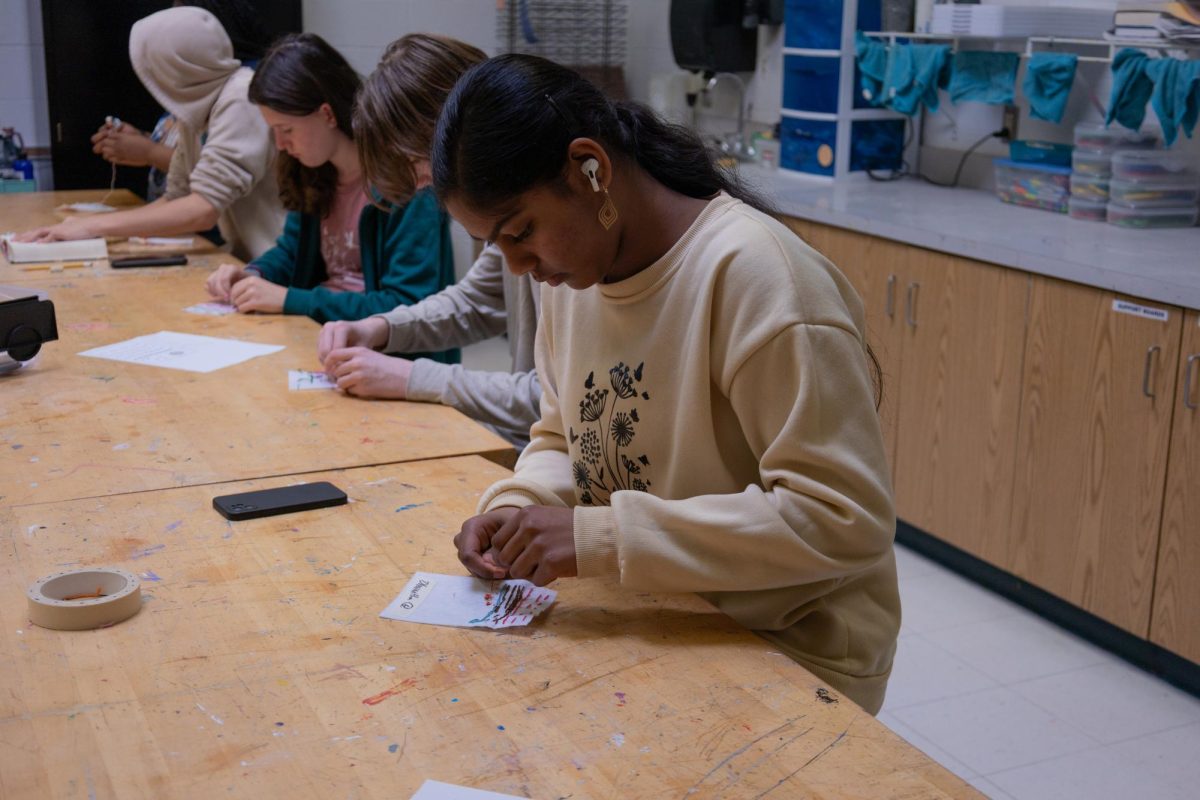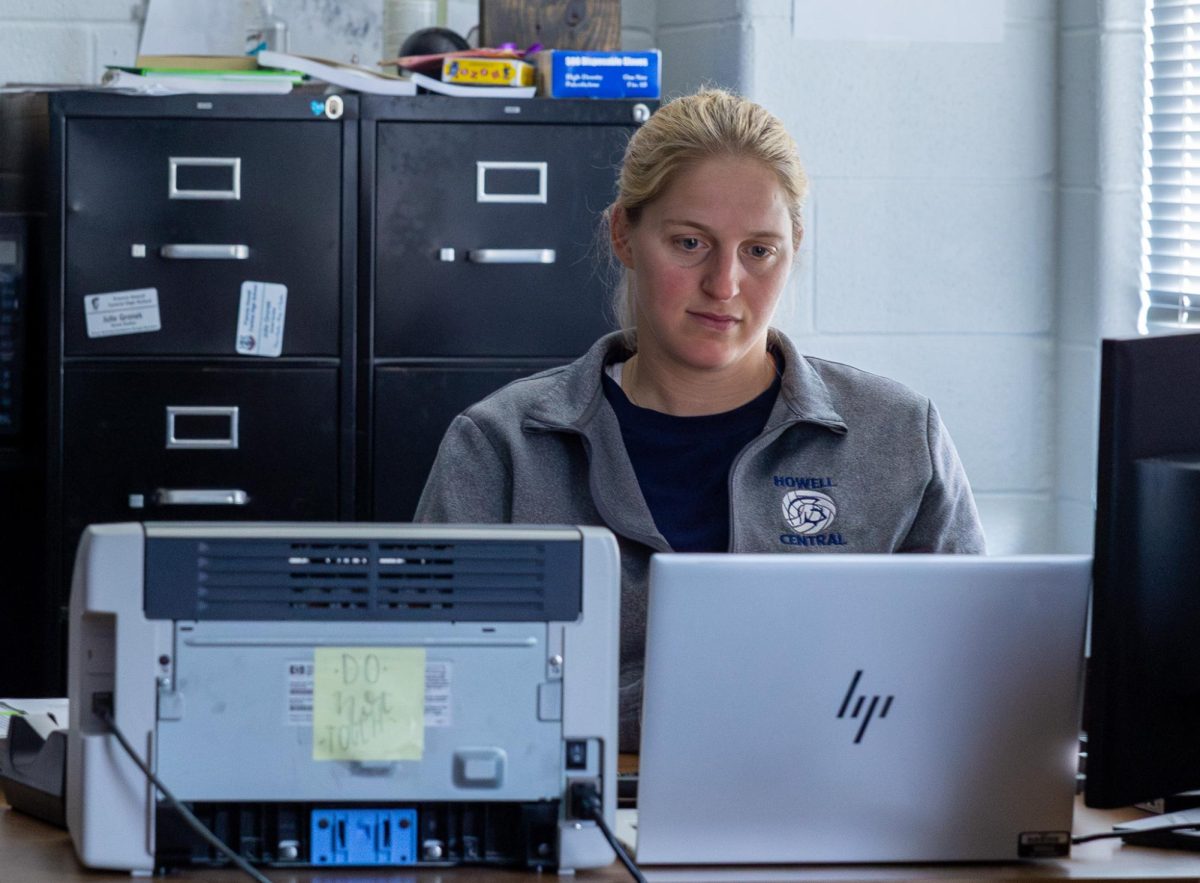Two sisters argue for what seems like hours. They go back and forth, pestering each other until the both of them cannot take it anymore. Tired of fighting, they leave each other alone for some time. One sister, not one to show physical affection, returns to the other, followed by a loving embrace. Sophomore Nuwelin Dagne gladly accepts her sister’s hug, glad to have made up with her sibling.
Every individual has a certain love language — a special way of expressing to the world their love and compassion — whether it’s a tangible present or an encouraging comment. Dagne, someone who especially appreciates physical touch and when someone helps her with a task, puts it simply.
“Really, I like all forms of love. I also really like hugs though,” Dagne said.
Although feeling appreciation for all kinds of love languages, Dagne still has her favorite, as do most people. Well aware of how others have varying preferences, she adjusts her affections per person she may be talking to.
“Some of my friends don’t like physical touch for example, so I try to accommodate my friendship based on what they appreciate sometimes,” Dagne said.
When it’s known that someone has a dislike towards a certain kind of love, it would be a natural instinct for many to find a new way to acknowledge a relationship with that person. However, what does one do when someone isn’t so open to receiving love? Junior Shubham Sonavane reflects on how he changes his love based on the type of relationship.
“With some of my family members, it can be kind of cold between us, relationship-wise, so I might tone it down some with them. With my friends though, I do as much as I can to keep in touch and make a meaningful connection,” Sonavane said.
When loving someone, it appears to usually be about making others feel good. Dagne’s sister, for example, giving Dagne the affection she prefers, or Sonavane leveling his love to other people’s standards, furthers the providing nature of loving someone. Granted, love isn’t purely about giving. A healthy amount of receiving is also essential.
“It feels really nice when my friend takes me places, because I know it can be a lot for him to drive me everywhere. It shows me that I’m important to him,” Sonavane said.
Love is a balance: on one end is the act of giving love and affection to other people. On the other end, the act of getting love from close loved ones. The key to reaching its equilibrium is finding people willing to share the balance in life. 






